Disaster and Gender: Impact of Super Cyclone on Life and Livelihood of Women
Synopsis
Orissa has been a place of frequent visitation of natural calamities like flood, cyclone and drought with devastating consequences on its economy and society. the recurrent occurrence of these Climate Induced Natural Disasters and lack of proper preparedness and mitigation measures have resulted in unexpected misfortunes causing colossal loss of life, property and social networks. However, different types of natural calamities have differential impacts on different strata of society. Such variations in impacts and recovery patterns adopted by different vulnerable survivors are more pronounced when the intensity of natural disaster is more. The Super Cyclone that hit the coastal Orissa on October 29-30, 1999 was one of the most violent and devastating disasters that Orissa has ever experienced and its effects were widespread and distinct on different social strata. This book analyses the immediate and short-term impacts of super cyclone of 1999 on different aspects of life and livelihood of women, who are considered as society. the study analyses different aspects of impact assessment that include health, nutrition, drinking water availability, sanitation and other activities of women centering household management; the extent of psychological trauma and other post traumatic stress disorder reflected in life processes of women; disruption in socio-employment. The coping responses of different category of women in the aftermath of super cyclone are also analysed. The effectiveness of relief and rehabilitation assistance provided by different governmental, non-governmental and charitable organisations to help the affected women to cope with the immediate post cyclone situations is also examined. The study concludes that continuing absence of gender focus in disaster management, especially in relief interventions, reinforces gender and class biases. At the same time disaster sometimes not only produces disruptive and disorganizing effects, but also generates reconstructive and regenerative human responses, which help in creating a more equitable society. Hence, there is a need to create gender awareness among policy makers, civil society organizations, donor agencies and those working to protect people from the effects of disasters to understand women’s vulnerabilities and use disaster management efforts to enhance their capacities to establish a gender-equal society.
Read more
29.70
26.73
$
33.00 $
Free delivery Wolrdwidе in 10-18 days
Ships in 1-2 days from New Delhi
Membership for 1 Year $35.00
Get it now and save 10%
Get it now and save 10%
BECOME A MEMBER


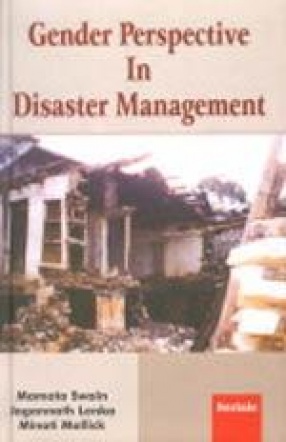
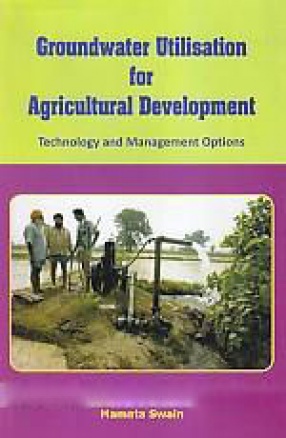

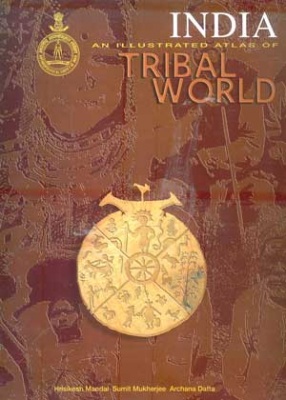
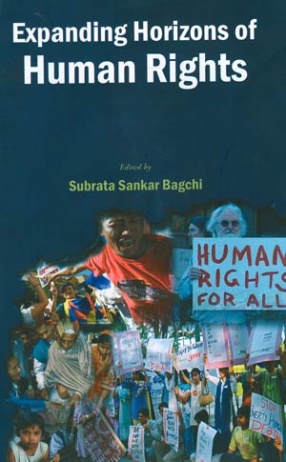
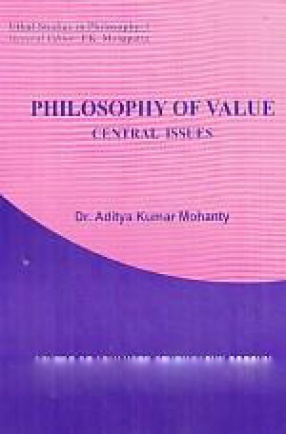

Bibliographic information
Mrutyunjay Swain
Ranju Hasini Sahoo